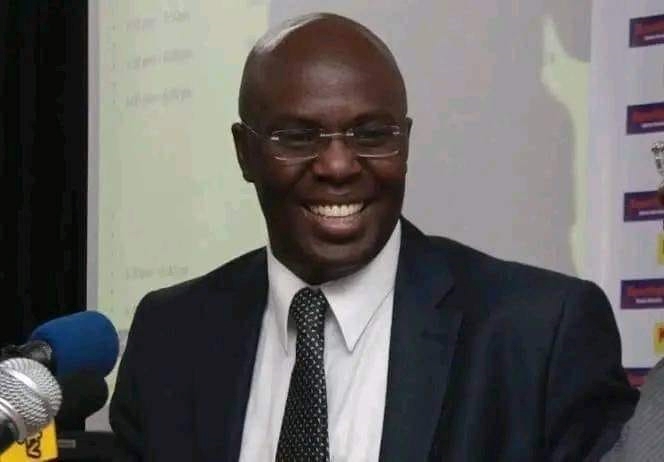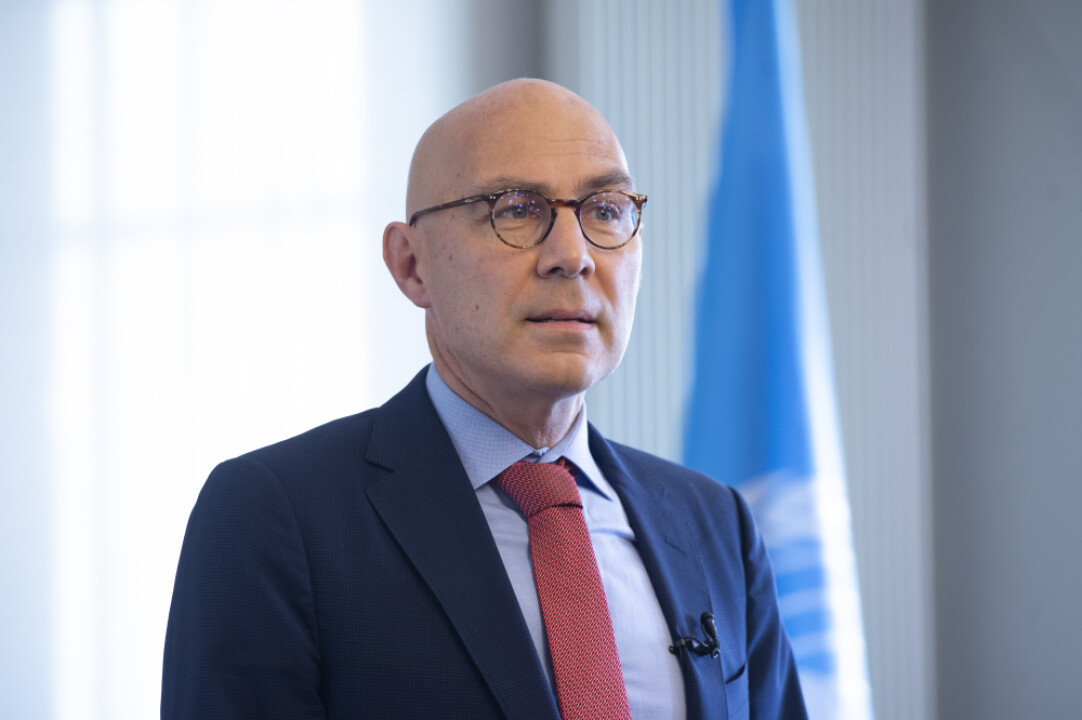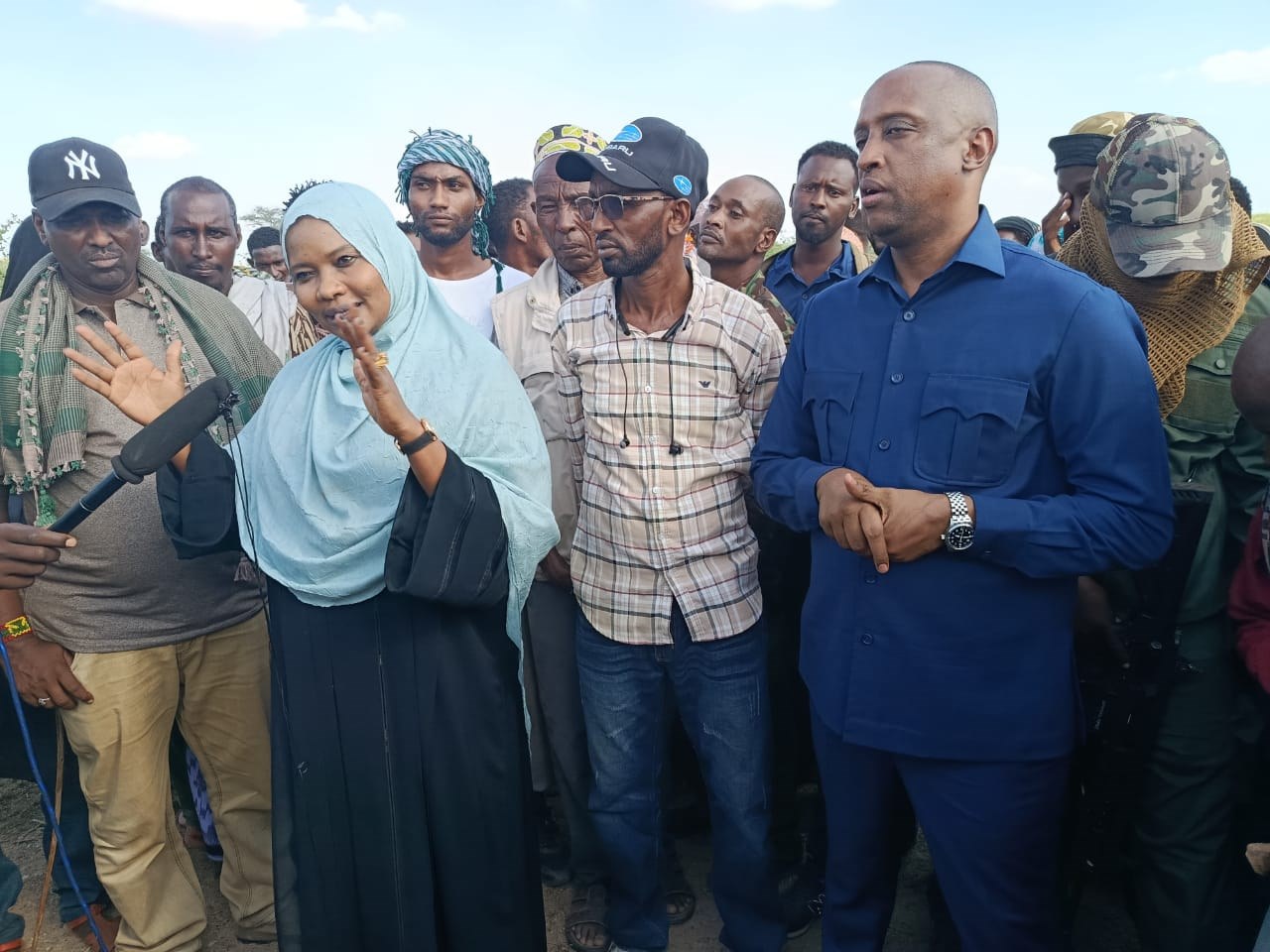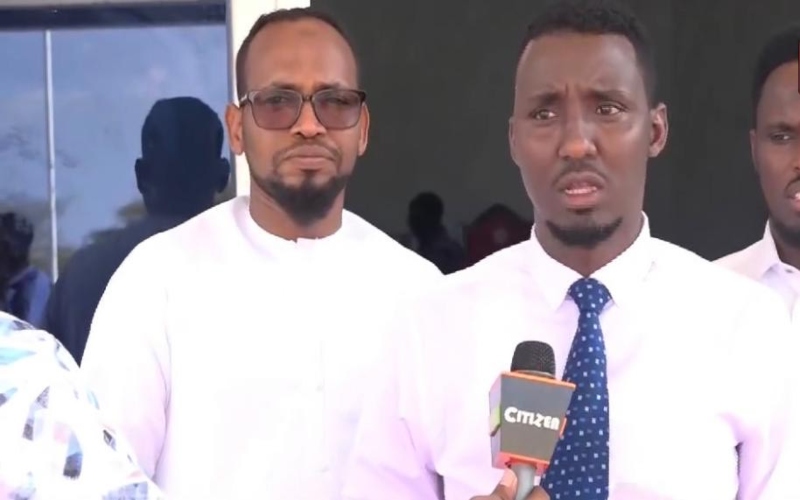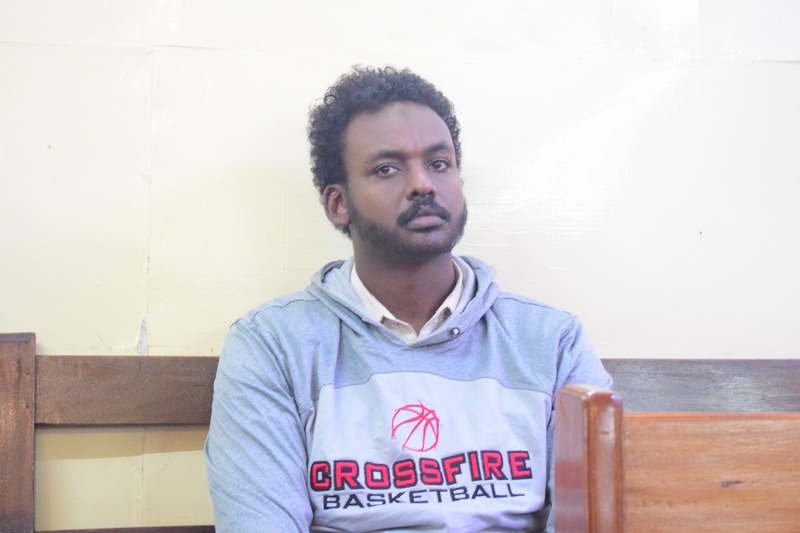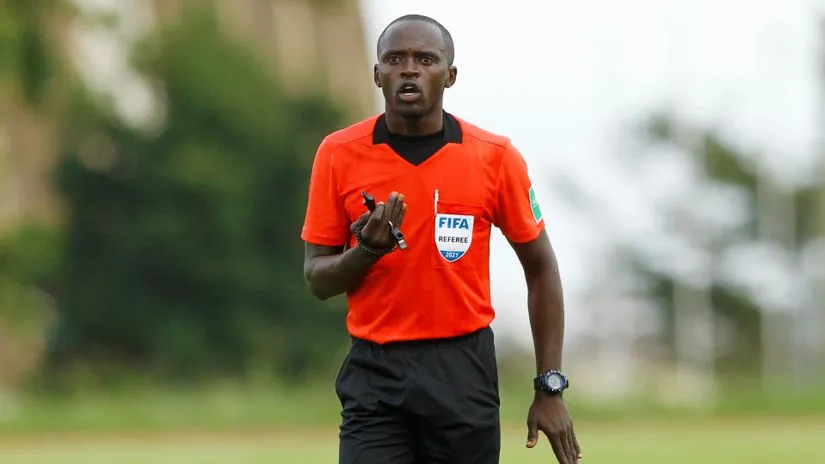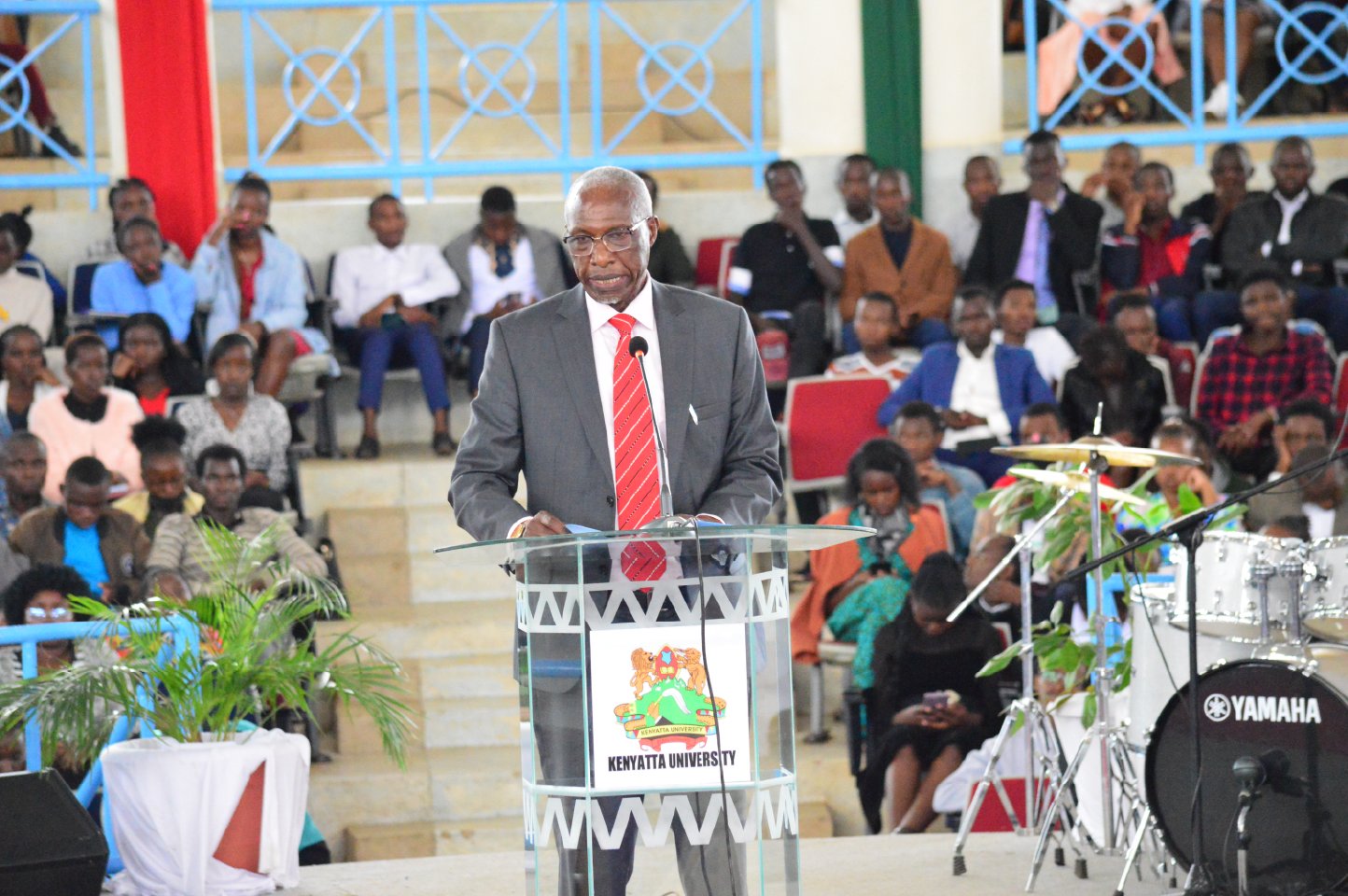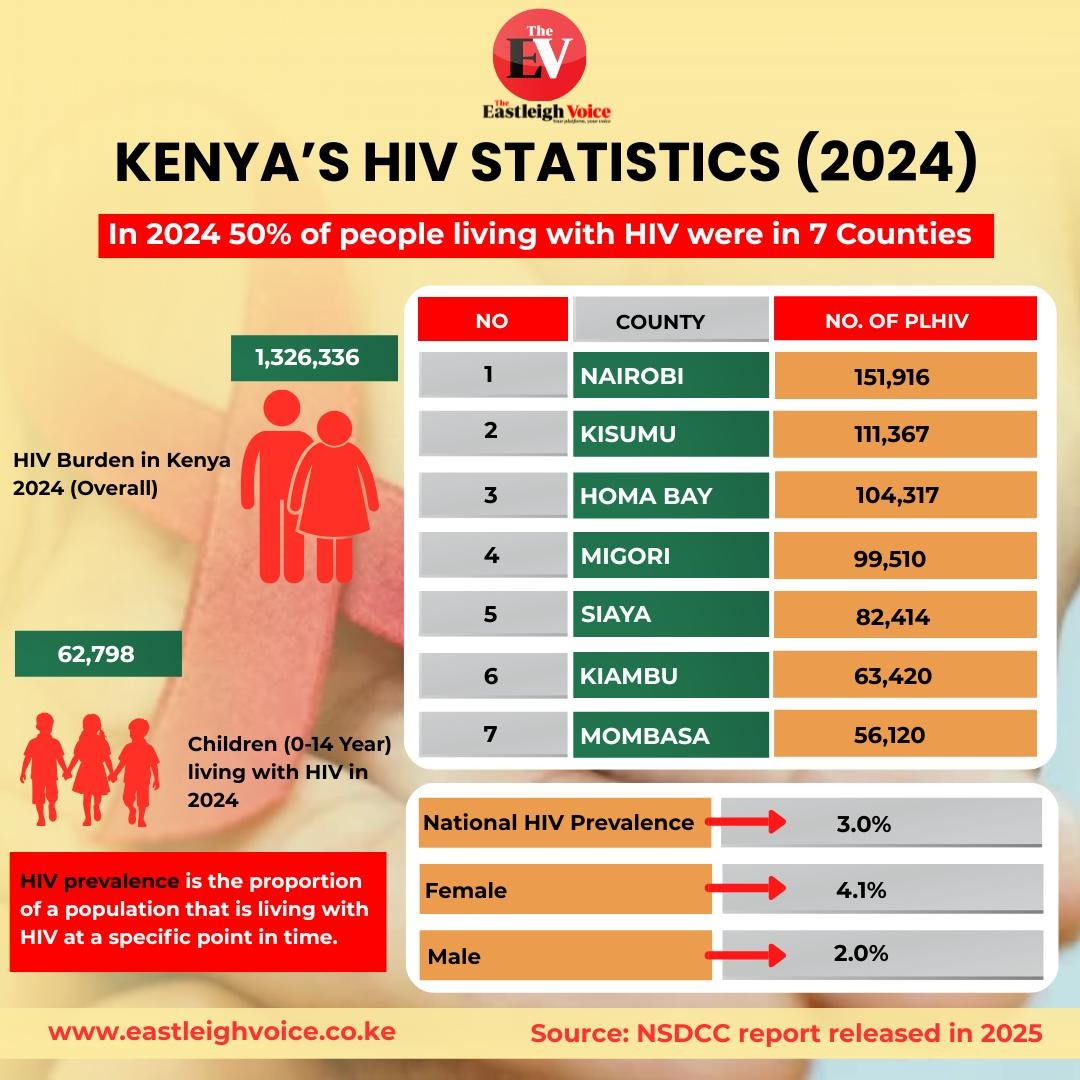At least 4.4 million people in Somalia face starvation as drought worsens
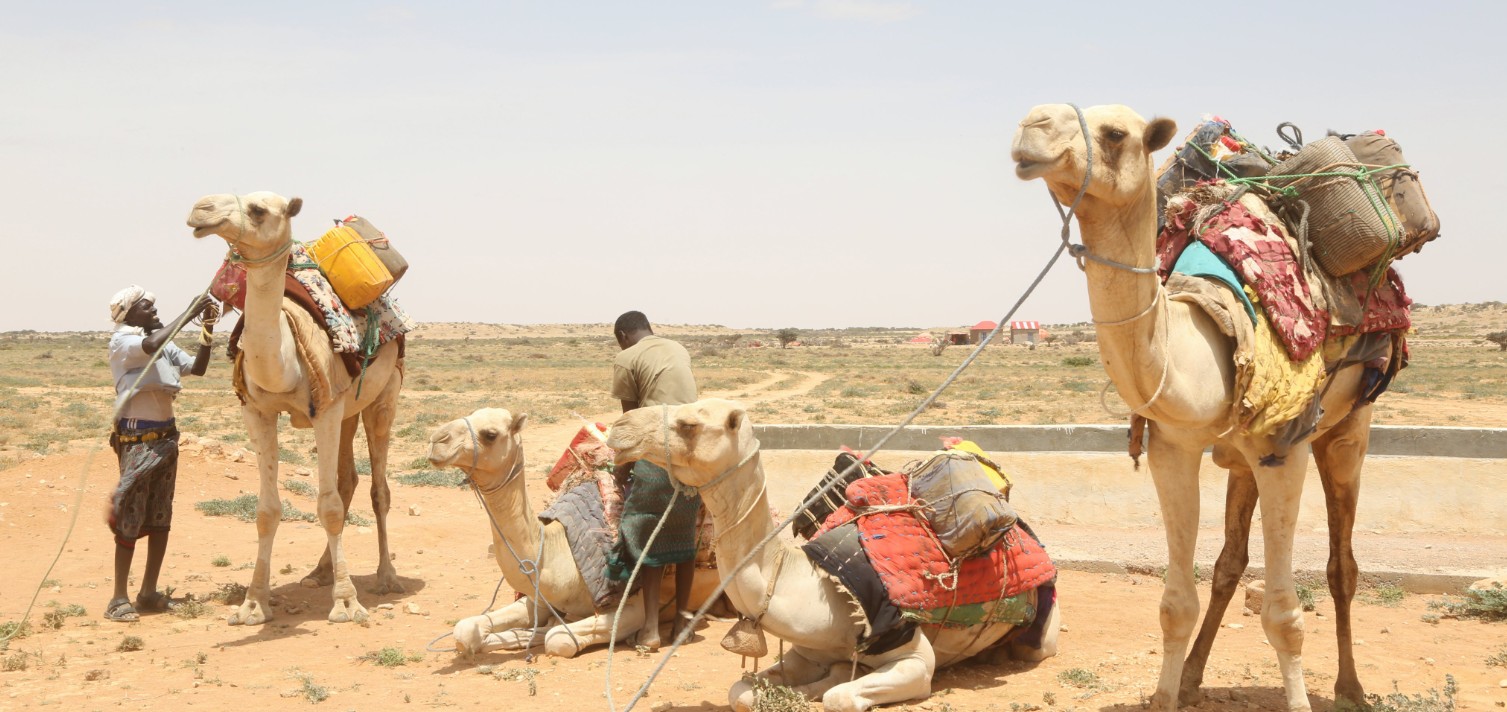
The crisis is already forcing families to leave their homes in search of food, water, and medical aid, raising concerns about displacement and worsening protection risks.
Somalia is on the brink of a worsening drought crisis, with extremely dry conditions spreading across several regions, leaving millions in dire need of humanitarian assistance.
The situation follows the poor performance of the October to December 2024 rains, which failed to provide relief to already struggling communities.
More To Read
- Factory farming in Africa: Development banks see it as a good idea, but it’s bad for the climate
- Somalia declares drought emergency as millions face hunger after failed rains
- WFP warns of hunger crisis in Nigeria as 35 million face food shortages
- Somalia faces worsening hunger with millions needing assistance
- Smartphones, women’s rights and coupons: new trends that can boost insurance for African farmers
- IGAD calls for joint action to protect livestock, pastoral livelihoods in Horn of Africa
Now, the Food and Agriculture Organisation/SWALIM warns that the upcoming April to June seasonal rains will be below normal, with delayed onset in key agricultural regions. Above-average temperatures are expected to further compound the crisis.
At least 4.4 million people are currently facing high levels of acute food insecurity, and the situation is set to deteriorate.
The number of children suffering from acute malnutrition is projected to reach 1.6 million by July 2025.
The crisis is already forcing families to leave their homes in search of food, water, and medical aid, raising concerns about displacement and worsening protection risks.
"Given that drought conditions worsened progressively through January 2025, immediate humanitarian assistance and long-term resilience interventions, including borehole drilling, livestock support, and sustainable water management, are urgently required," warns the latest humanitarian report from OCHA Somalia.
Regions hardest hit by the drought include Gedo, Hiran, Bay, Bakool, Mudug, Bari, Toghdheer, Galguduud, and Sool, where access to food and water is becoming increasingly scarce.
Families are being pushed to the brink, with women, children, and marginalized groups bearing the worst of the crisis.
Humanitarian agencies are scrambling to respond, but resources remain limited.
In November 2024, the Somalia Humanitarian Fund (SHF) allocated $5 million (Sh645 million) to address the impact of La Niña, followed by an additional $5 million (Sh645 million) from the Central Emergency Response Fund (CERF) in December.
The SHF is currently supporting health, nutrition, and WASH activities in Afmadow, Diinsoor, and Wanla Weyn, while the CERF funding is aimed at delivering lifesaving assistance and preventing displacement in Afmadow, Diinsoor, Baidoa, Qansax Dheere, and Xudur.
Despite these efforts, the scale of the crisis demands a more robust and sustained response. Aid organisations stress the urgent need for international support to prevent a full-blown catastrophe.
"Humanitarian needs, including food security, malnutrition, and displacement, are likely to worsen in the next few months," the report warns.
With time running out, humanitarian agencies must act swiftly to mobilise resources, strengthen coordination, and implement life-saving interventions before the situation spirals further out of control.
Top Stories Today
